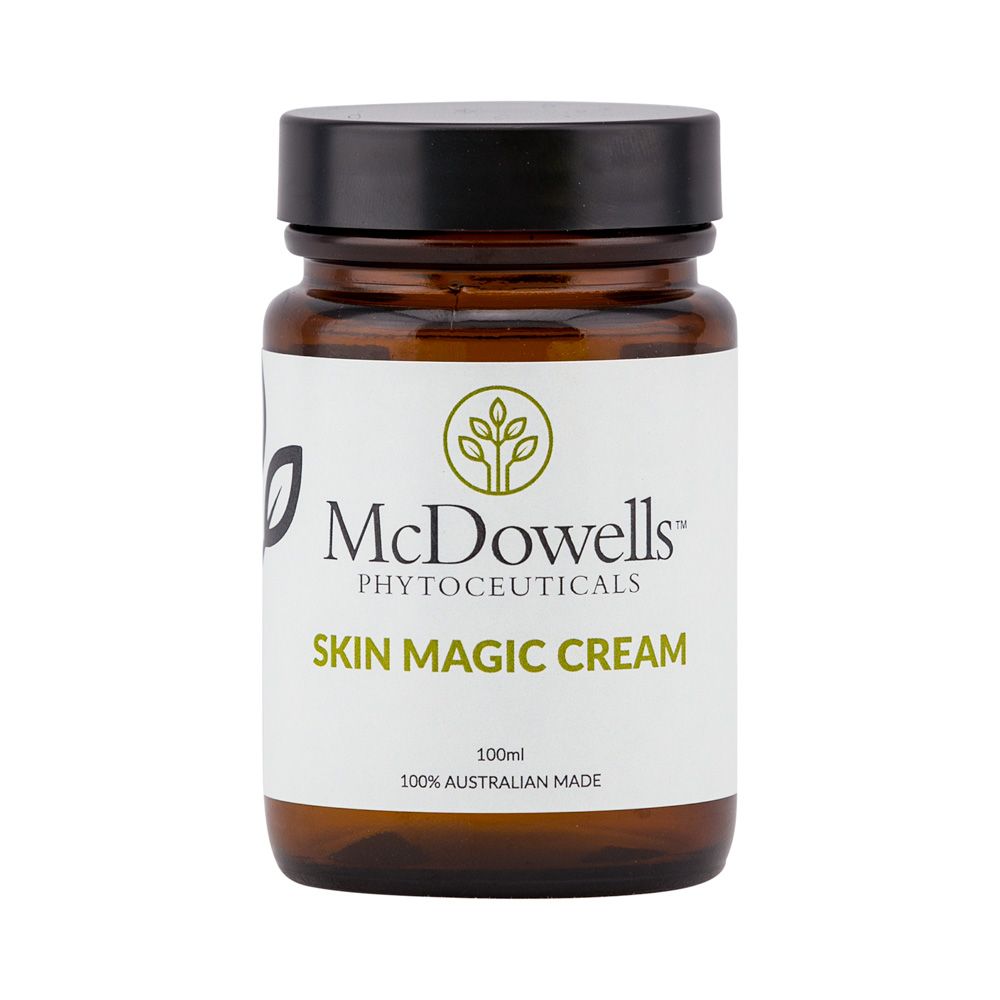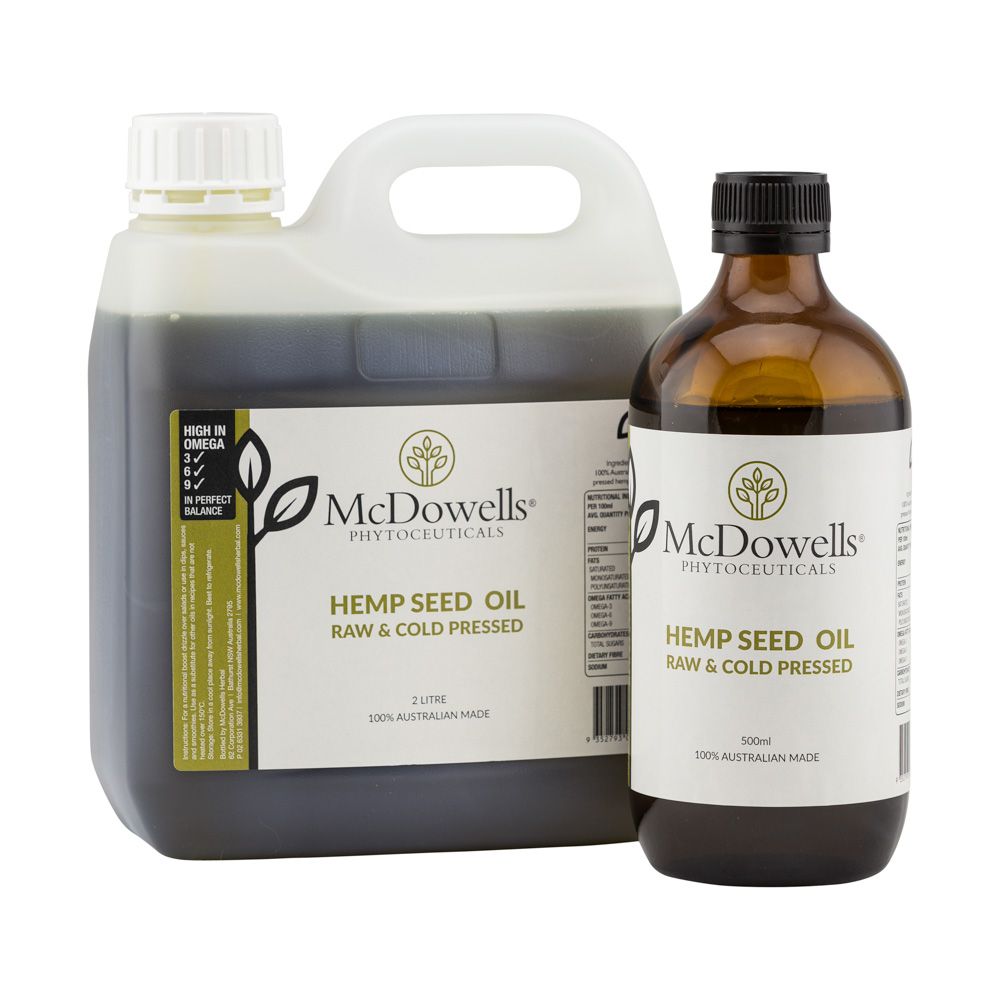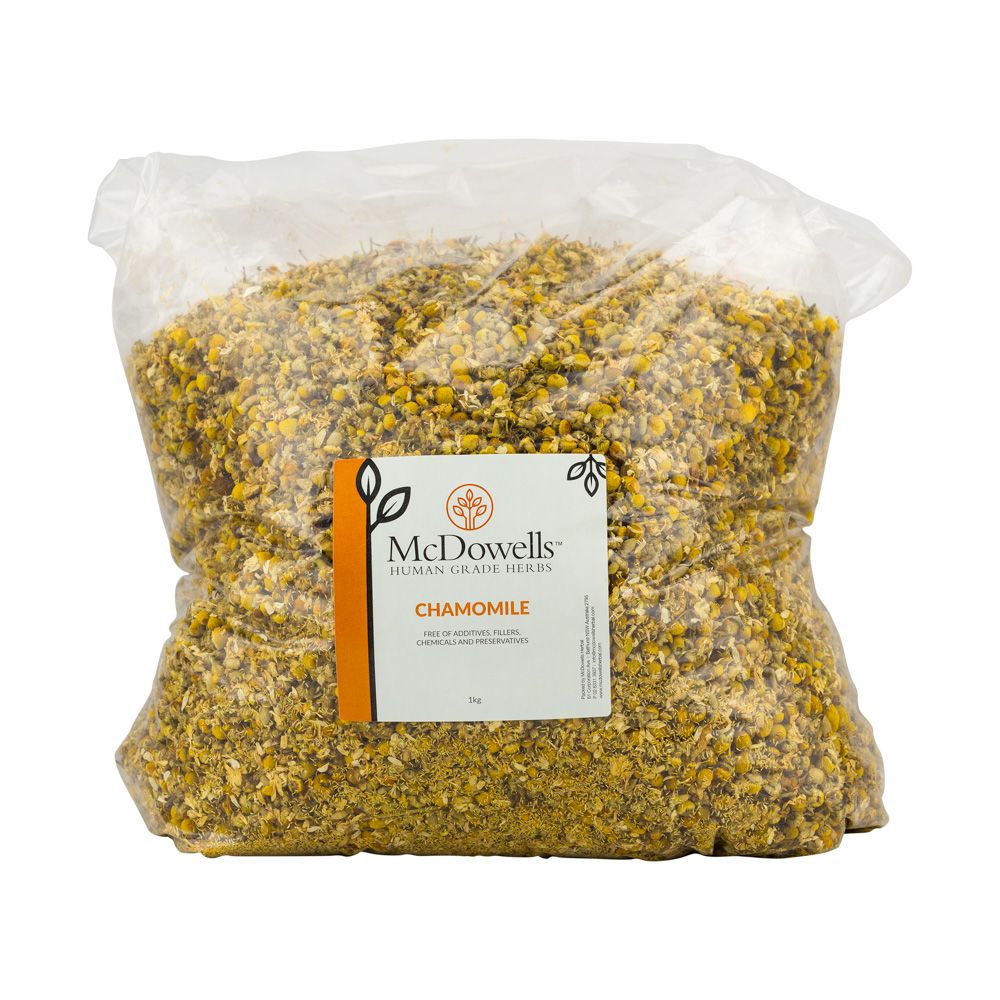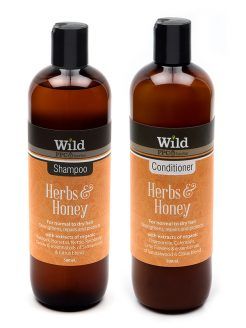Most people suffer from some dry skin in winter. We tend to have hotter showers and baths, have heating on, we don’t sweat as much and can drink less water because it is cold. But there's things around the home you can use to help...
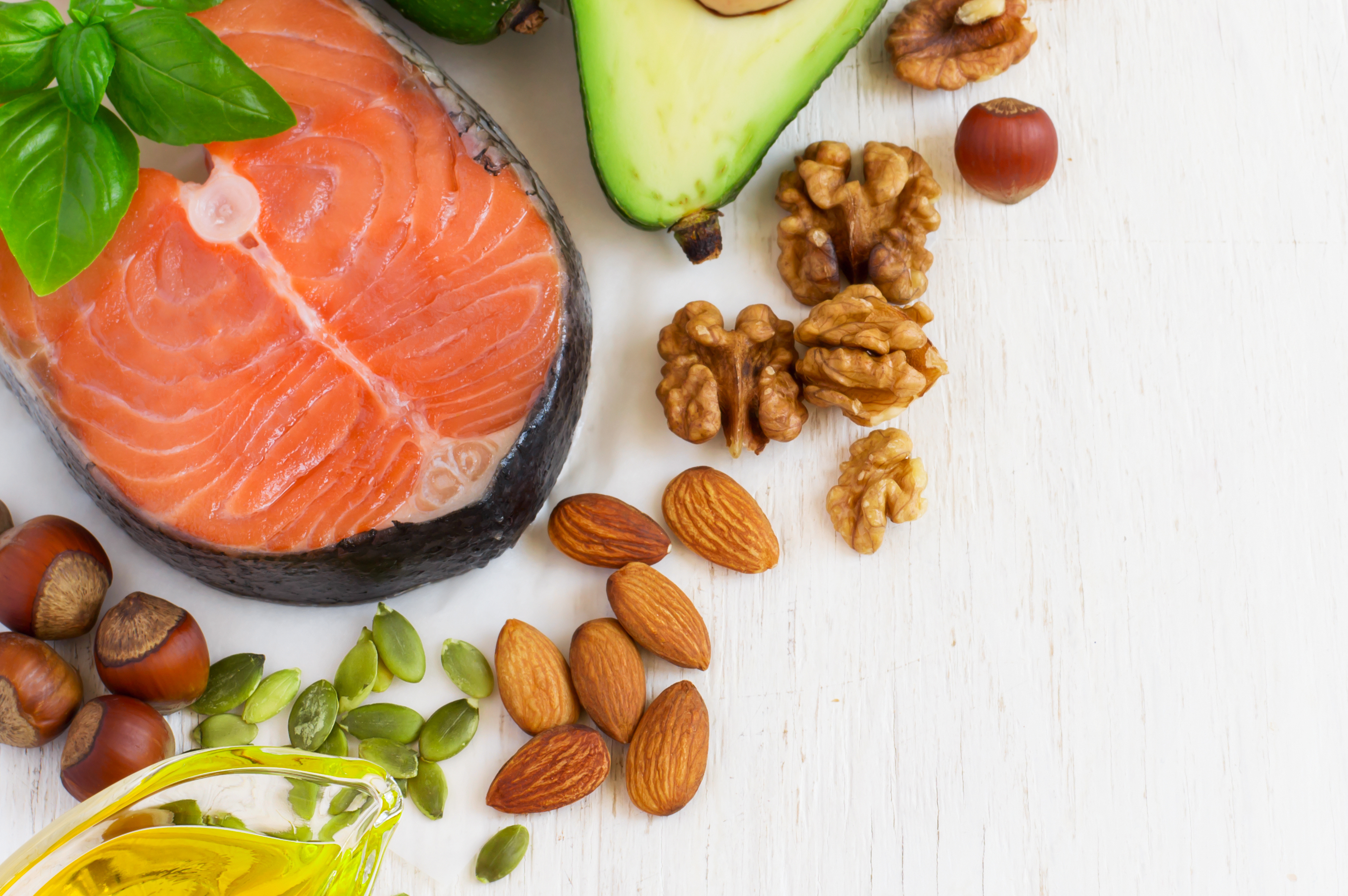
Things that can make your skin drier in winter;
- Heating inside houses and offices
- Bathing or showering in water that is hotter than normal
- Contact with detergents, soaps or fabric softners with harsh ingredients
- Very windy or cold conditions outdoors
- Bathing or showering too often
- Not drinking enough water
- Insufficient high quality omega oils
Are you getting enough omega oils?
Add oils from the inside out by eating up on whole foods that are rich in fatty acids. Fats are a crucial part of your skin's health. Eat good quality, fresh, unrefined fats that will help your skin produce more ceramides. Include wild caught, sustainable salmon and trout, small oily fish, avocados, hemp or olive oil a regular part of your diet.
What can you do about dry skin?
Humidifiers or essential oil diffusers
Using a humidifier or diffisuer in your home or office can help minimise the dryness caused by home heating systems. Add your favourite essential blend!
Oats
Oats are a common folk remedy to treat dry, itchy skin because of how calming they are. Applied topically, oats soothe itching skin and reduce inflammation. They contain mucilage polysaccharides like buta-glucan, proteins, and antioxidants
Hemp Seed Oil
Hemp seeds oil has a rich profile of nutrients, fatty acids and bioactive and available compounds. For nutrition, it is unparalleled. Our raw cold-pressed memp seed oil provides vital nutrients and is high in calcium, iron, magnesium, phosphorus, potassium, vitamin E, sodium, sulfur and zinc. Even though it comes from the cannabis plant, hemp seen oil only contains small amounts of THC, the psychoactive component. Used for both internally and body care (whether you eat it or massage it into your skin!), hemp seed oil provides a range of necessary nutrients.
Chamomile
This herb offers calming benefits both internally and externally. Chamomile can sooth the skin and decrease redness. Chamomile is also useful to the digestive system and excellent emollient that heals inflamed skin, treat skin conditions such as psoriasis, burns, wounds, rashes, acne, stings, bruises and sores. It can also improve the texture and elasticity of the skin, as well as reducing signs of sun damage on the skin.
Add chamomile to your oat bath bag (see below). You can also use chamomile tea as a face wash or use tea bags on your eyes with a mask!
Lavendar
The word lavendar comes comes from the Latin wor lavare, meanbing "to wash”. The Romans used the fragrant oil in their baths but also as a wound healing oil. Lavendar is a great essential oil for chronic skin conditions, such as eczema or psoriasis, and nourishes dry skin. It also has an anti-inflammatory property.
Aloe Vera
An old favourite, aloe Vera helps skin retain its natural moisture and help softening and nourish the skin. Aloe vera gel absorbs easily, making it ideal for oily skin. For best results, use the fresh insides of an aloe plant’s leaves.
DIY Dry Skin Bath Soak
Using a piece of muslin or an old stocking. Fill with rolled oat meal, whole chamomile flowers and ten drops of lavendar oil. Put in the bath as you are filling and let it float around as you relax! You can also add 10-20ml of hemp oil directly to the bath water!
McDowells Product
Skin Magic Cream
The herbal extracts in this preparation have been traditionally used to assist with all-round skin health and glow. Ingredients include: elecampane, Maritime Pine bark, chamomile, hypericum oil, slippery elm, thuja and equisetum (horsetail).
References
(1) Alpha-Linolenic Acid: An Omega-3 Fatty Acid with Neuroprotective Properties—Ready for Use in the Stroke Clinic?
Nicolas Blondeau
(2) Regnstrom J., Nilsson J., Tornvall P., Landou C., Hamsten A. Susceptibility to low-density lipoprotein oxidation and coronary atherosclerosis in man. The Lancet.

